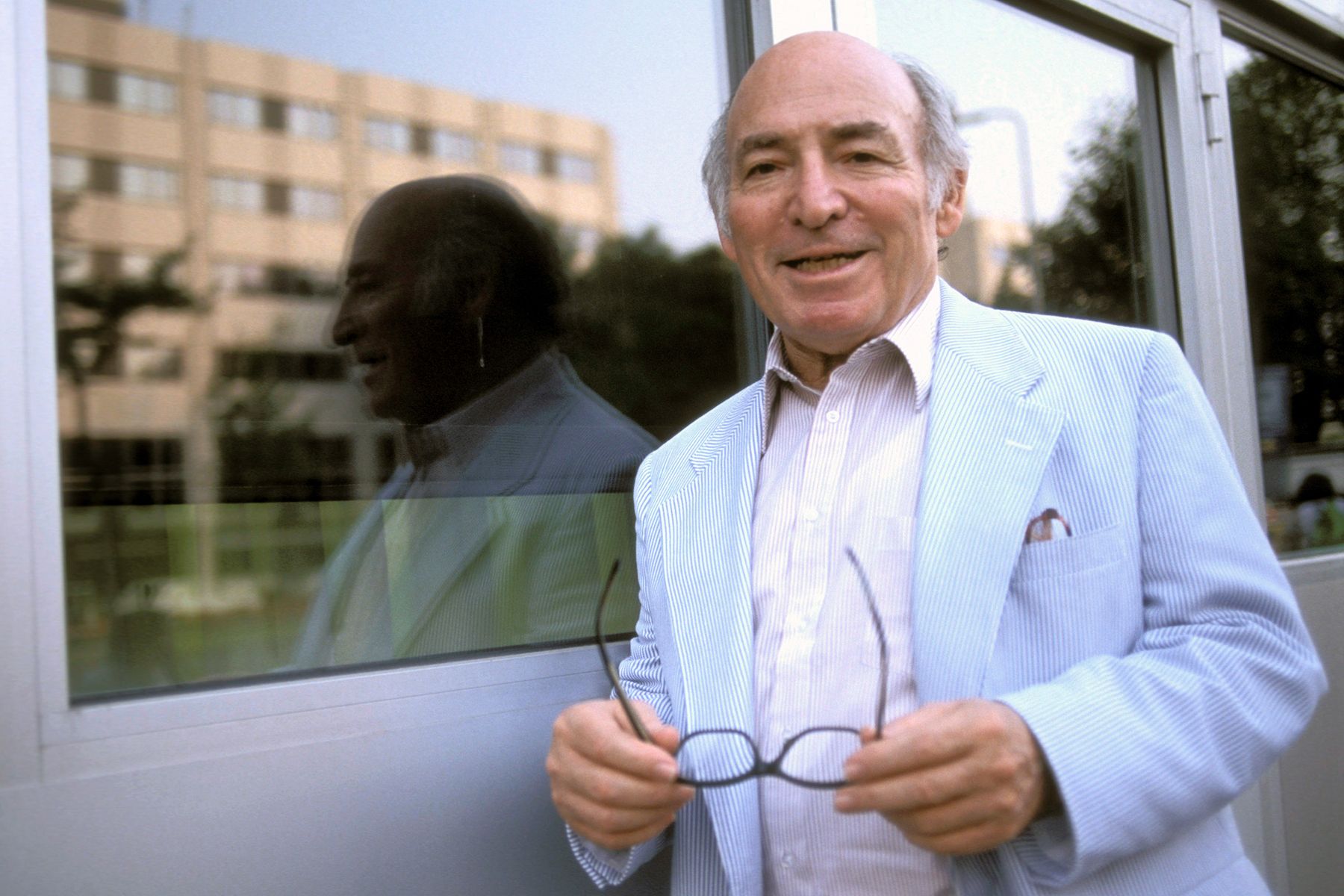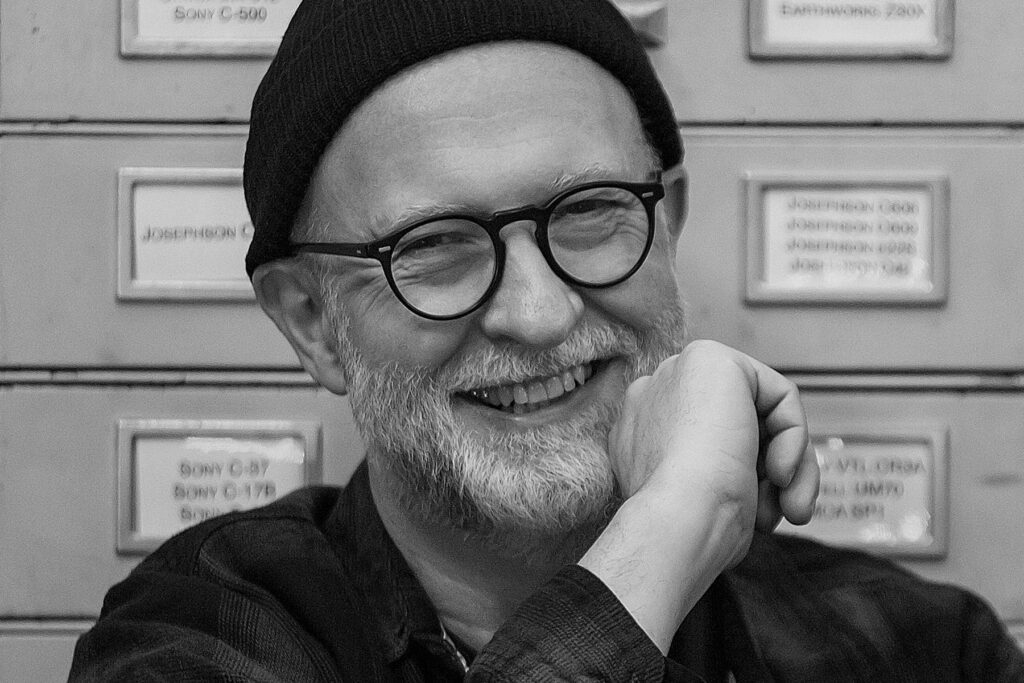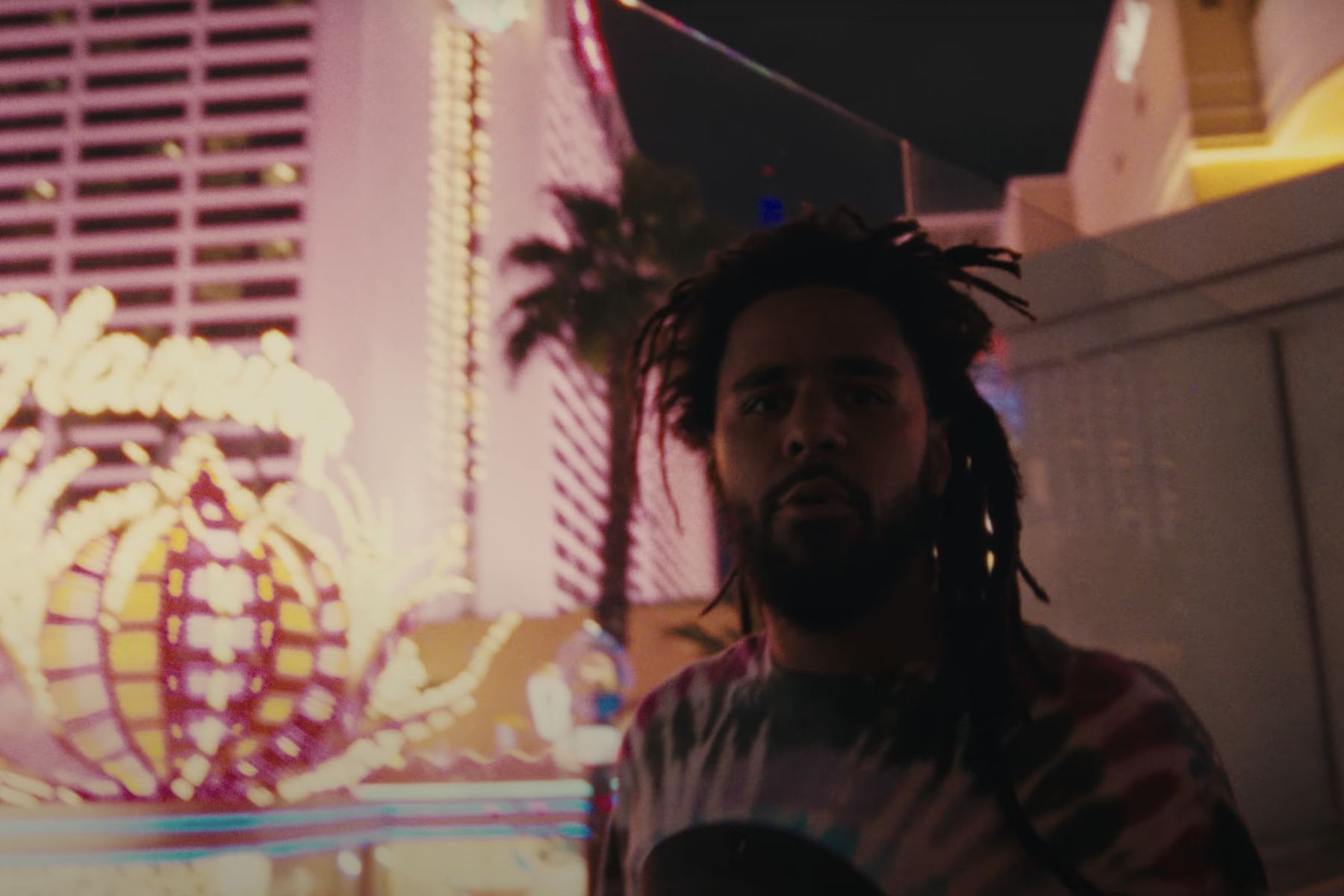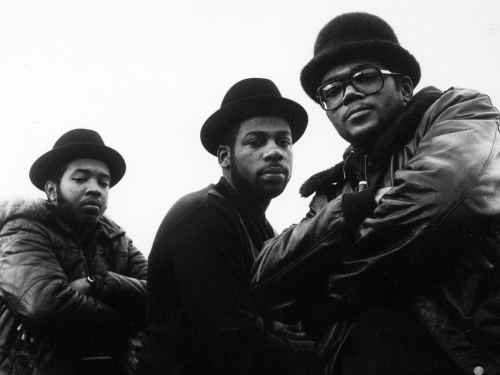
George Wein, Newport Jazz Producer and Pioneer of the Modern Music Festival, Dead at 95
George Wein — the legendary festival promoter who helped turn the Newport Jazz and Folk festivals into fixtures of the American concert calendar, founded the New Orleans Jazz and Heritage Festival, and paved the way for the modern music fest — died Monday at age 95. His spokesperson Carolyn McClair announced the news.
“It is with immense sadness that we let you know of the passing of our founder and north star, George Wein,” read a note posted on both Newport fests’ Twitter accounts. “We have all lost a giant champion of jazz, art, philanthropy, and equality. There will never be another like him. Rest easy, George.”
“George Wein defined what a music festival could be with the Newport Jazz Festival, Newport Folk Festival, and the New Orleans Jazz and Heritage Festival,” L.L. Cool J said in 2015 when presenting Wein with a Grammy Honorary Trustee Award. “This is a great guy. More than anyone, George set the stage for what great festivals today look like; festivals like Coachella, Bonnaroo … he made this possible…”
Wein was hired by festival founder Elaine Lorillard to book the first Newport Jazz Festival in 1954. From there, it grew into a marquee event, featuring the genre’s biggest names. Bert Stern’s famed documentary Jazz on a Summer’s Day chronicled the 1958 edition of the festival, which featured everyone from Louis Armstrong to Mahalia Jackson and Thelonious Monk. After being canceled in 2020 due to the pandemic, the festival bounced back in 2021, presenting contemporary stars like Robert Glasper, Yola, and Christian McBride.
Wein started the Newport Folk Festival in 1959. The event would become an institution of the American folk and roots scenes, helping to revive the careers of blues legends such as Mississippi John Hurt and launch those of artists such as Bob Dylan and Joan Baez. He later adapted his Newport model to New Orleans, launching the now world-famous Jazz & Heritage Festival there in 1970 — after being barred from producing a festival there in prior years due to his interracial marriage — that now features rock icons alongside roots legends.
Born in Boston in 1925, Wein grew up playing piano and leading his own band. In the early Fifties, after serving in World War II, he founded his own jazz club and label, both called Storyville.
Across the decades, Wein’s festivals laid the blueprint for the music festival as a cultural unifier. “I saw it as an opportunity to promote jazz on a large scale and expose people of all ages to this great music,” Wein told writer Marc Myers in 2008. “For the first time, people who didn’t go to clubs or couldn’t get in because they were too young now could see and hear the music and musicians live, outside, in a relaxed, laid-back setting.”
Wein missed the Newport Jazz Festival this past summer, but in prior years could often be seen zooming around the grounds of Fort Adams State Park in a golf cart known as the Lean Green Wein Machine.
“If you step back and think about it, George Wein and Pete Seeger created the word ‘festival’ the way that we’re using it,” Newport Folk executive producer Jay Sweet once told Relix. “Before that there were just wine and opera festivals in Europe. The [1967] movie Festival! is about Newport because, for 10 years before Woodstock, in this country, the word ‘festival’ meant ‘Newport.’ Literally, the words were synonymous with each other.”
“I never imagined I’d be producing a jazz festival in the first place,” Wein said in a 2010 interview with Headcount. “I never had the motivation. I just did them, and when anything went wrong, I was always thinking of something else to do. I did call it the ‘first annual’ Newport Jazz Festival, and I did take my inspiration from the classical music festivals that lasted for so many years. So maybe I did have longevity in the back of my mind. But I never thought there’d be festivals everywhere like today.”




